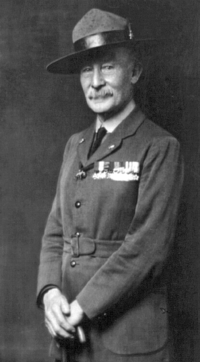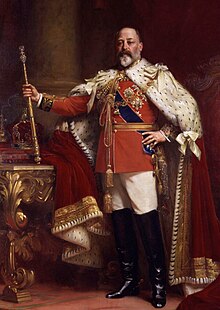 To return to the topic of weddings that bring tears to your eyes, and again a royal one, would you cry if the king insisted on marrying you without telling anyone? Or might you just flee instead?
To return to the topic of weddings that bring tears to your eyes, and again a royal one, would you cry if the king insisted on marrying you without telling anyone? Or might you just flee instead?
I have a feeling Anne Boleyn did neither on November 14, 1532 when she tied the knot surreptitiously with the dreadful Henry VIII. Anne was clearly in over her head, an ominous phrase in this context. But the young woman (we aren’t sure how young; she may have been born in 1501 or 1507) appears to have been a clever and confident schemer who wrongly thought she knew exactly what she was doing.
They were publicly married on January 25, 1533, leading to a ruckus of which you may have heard. The new Archbishop of Canterbury Thomas Cranmer, formerly the Boleyn family chaplain, declared the marriage null and void on May 23 of that year and, five days later, mysteriously changed his mind. Henry VIII could do that to you.
And to himself; when Anne proved unable to give him male heirs he had her convicted of high treason, as well as adultery and incest and perhaps witchcraft, by a jury that included her own uncle who lived to tell the tale largely, one suspects, because she did not (along with five men framed as her lovers). Cranmer then conveniently realized Anne’s marriage had been invalid after all. Gosh.
Henry had married Anne secretly because the Pope was still trying to figure out whether to annul his marriage to Catherine of Aragon. (And when it became public excommunications flew.) So he wanted to have things both ways. And Anne ought to have realized that when Henry VIII thinks he’s using you and you think you’re using him, he’s right.
So I don’t have a lot of wedding advice to offer women other than don’t make the bridesmaids wear seafoam green. (They don’t have to look awful for you to look nice and nobody will ever wear that outfit again.) But I would urge you to reject any suitor who proposes that you marry him and move into his bed without mentioning it to anybody.
Especially, and I cannot stress this too strongly, if his surname is Tudor and his title is King.






